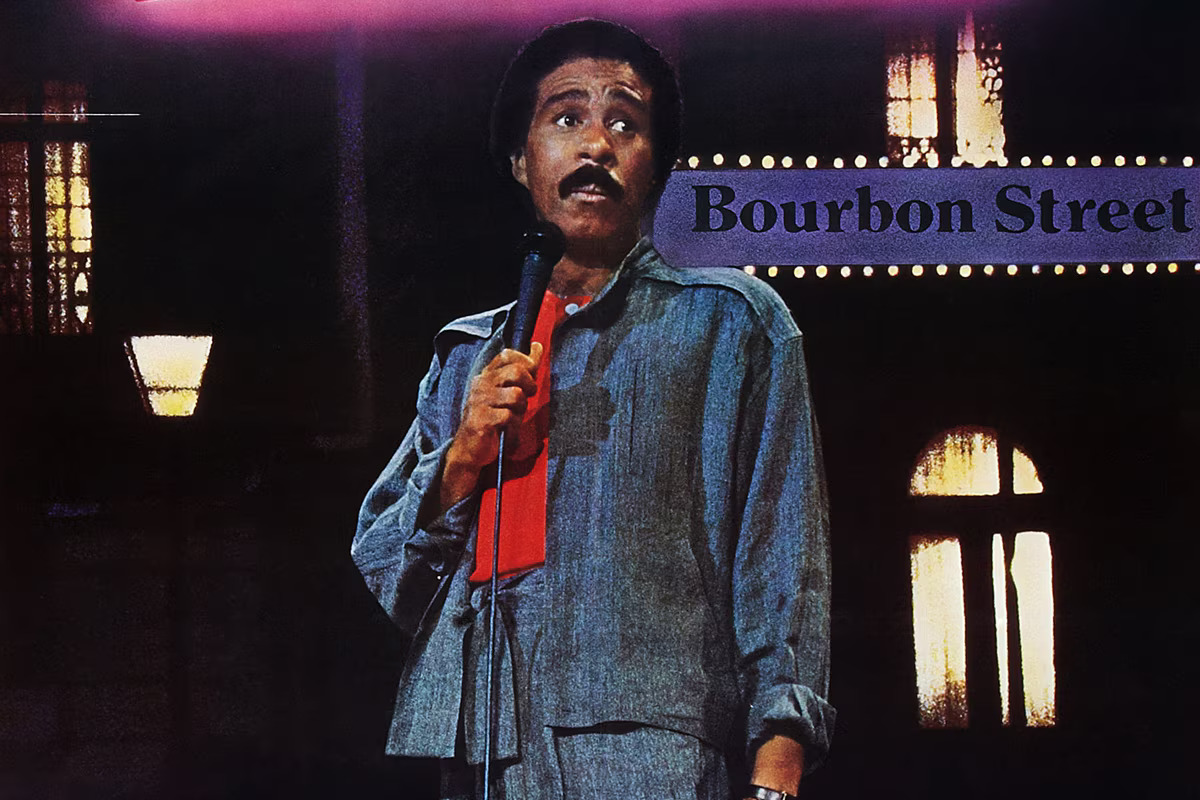
A Fantastic Woman took home the Oscar for Best Foreign Language Film during the 90th Academy Awards ceremony.
It was A Fantastic Woman director Sebastián Lelio who accepted the win for Chile’s winning film during the ceremony. He was joined on stage by a few members of the cast and crew, including transgender actress Daniela Vega. Vega was one of a very few transgender people to actually play a transgender person in a feature film.
Thank you so much. This is an amazing gift, thank you to the Academy. I want to, well, thank my dear friends and producers Juan De Dios and Pablo Larraín. I want to thank the cast of the film, especially the brilliant actor, Francisco Reyes, and the inspiration for this movie, Daniela Vega. This film was made by a lot of friends and artists; I share this will all of you tonight. I want to thank Eryn Brown and Sophie Dolan. Everyone from Sony Classics, Tom Bernard, Michael Barker, Participant Media, Setembro Cine, Komplizen Films. And my wife Virginia, I love you forever. I thank you so, so much.
Here’s two questions and answers from backstage in the press room that I feel deserve to be printed in their entirety because they resonate the most with me as a transgender woman:
Q. I’m going to ask the question in English and Spanish and whichever you prefer to answer first. So the movie is very open about the misconceptions about the transgender community. Do you think Hollywood is ready to take ‑‑ give an award for best actress as someone who would have won for best actor before? [Speaks in Spanish.]
A. If that person is interpreting a transgender role? Is that the question?
Q. [Speaks in Spanish.]
A. [Speaks in Spanish.]
Well, whatever the gender identity is, you know. If an actress like Daniela, which is a woman, wins, then she should win as a woman. I don’t think we should add a transgender, you know, category. I felt that, for me, it was very instinctive and strong decision, the knowing that I was not going to make this film without a transgender actress in the main role. That was me. And I think it put the film in a different dimension because of everything Daniela brought to the film, her presence, her history. But that doesn’t mean that someone like Daniela cannot interpret a cisgender role. You know what I mean? So I think we’re not talking about freedom here, we’re not stretching opportunities; we’re opening them. And I hope this is not misunderstood, because I didn’t make the casting decision as a fascist decision, but as an act of freedom.
Q. I just want to ask, kind of going off of the last one, how important it was for you to cast the role of Marina authentically with a trans actress? And do you think that the film’s win will prove to other projects how important it is to cast authentically?
A. Well, casting is an art, and is probably ‑‑ well, if you’re interested in people like I am, casting is essential. And in this case, again, I think the presence of Daniela brought something, a quality to a story that add a layer of complexity and beauty that, I think in this case, a cisgender actor would have not been capable of bringing. She transitioned like 14 years ago in a country like Chile when there was no information about it. She was a pioneer, and she carries that history, and the camera announced that. And I think that generates resonances and, again, more complexity and beauty to the film. I never thought that it was going to be that important in the sense of how the film is perceived. I’ve been very surprised and happy to realize that that became one of the most important artistic gestures of the movie, and if it can contribute to, you know, again, keep opening the limits of what’s possible, keep expanding the horizons of our thinking, so welcome.
A few days after the Oscar nominations came out, I wrote about them at Shondaland. My review can be found at Consequence of Sound.





